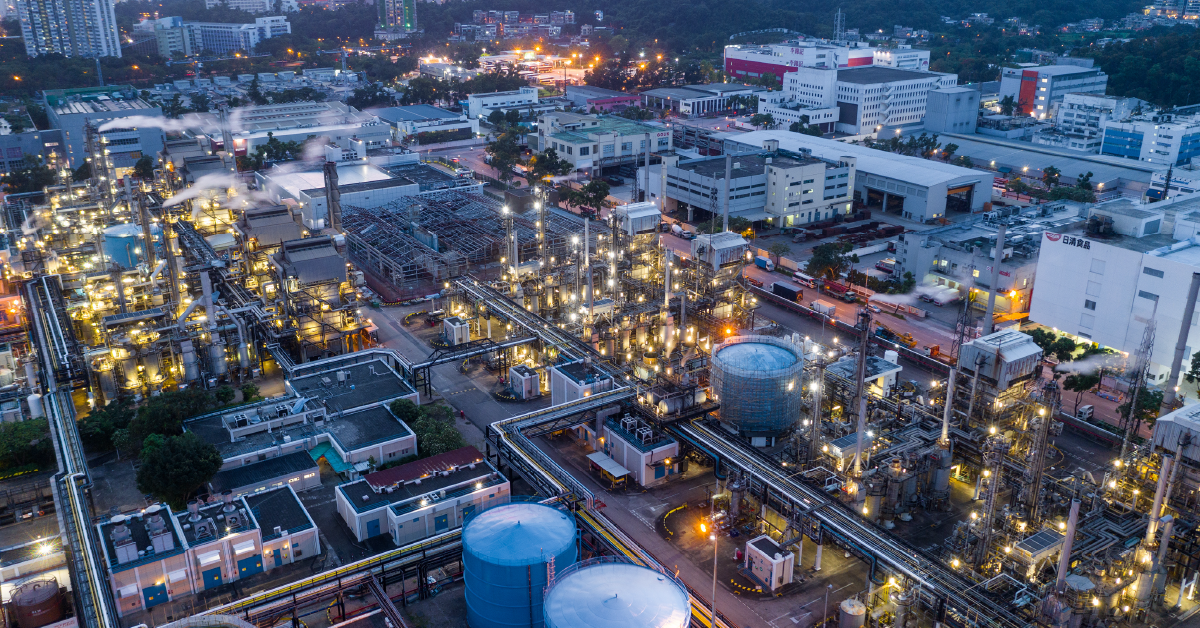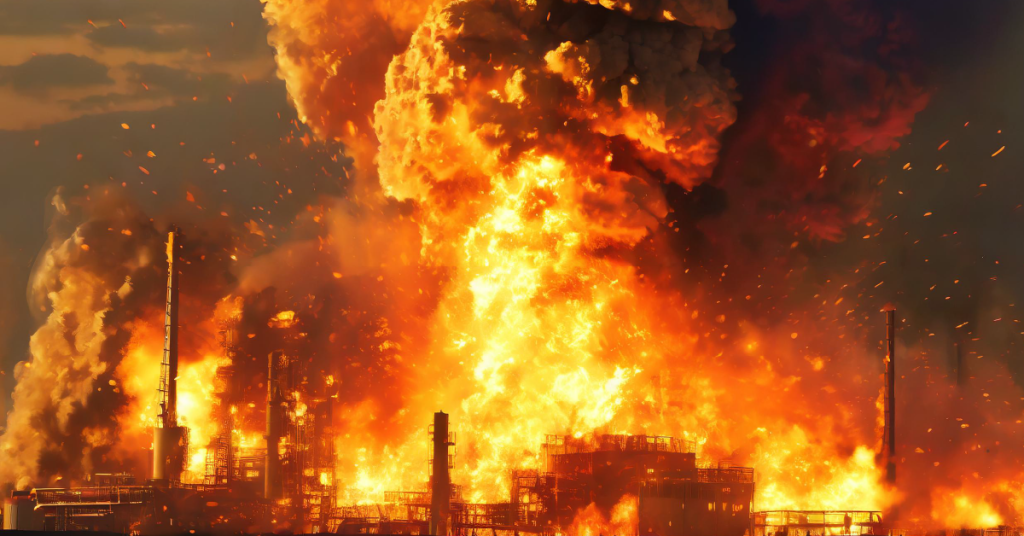Intensive Trainings

Process Safety and Major Hazards Management
May 26 - May 28
Event Navigation

Why Choose this Training Course
During this major hazard training, participants will discover the real HSE challenges that face the Executive Management team and their senior HSE professionals, function managers and staff within a global business.
The key industry sectors covered will be the upstream, midstream and downstream oil, gas, petrochemicals and related business segments. However, given the nature of major accidents, the course is equally useful to HSE professionals in the power, nuclear, railway and aviation industries.
The major hazard training course will describe the best practice HSSEQ management systems required for process safety and other major accidents. It will explain some differences between occupational and major hazards management and cover the different aspects requiring control to ensure risks are controlled to As Low as Is Reasonably Practicable, ALARP through the people, processes and plant employed in the business.
Who Should Attend
- Senior HSE Professionals
- Business Leaders
Key Learning Objectives
- Defining best practice HSE Management systems and key policies – essential for the management of process and major hazard safety.
- Learning the key issues from major accidents across the upstream, midstream and downstream oil, gas and petrochemical sectors.
- Drafting the Terms of Reference for major accident investigations and the management of data collection, analysis, statement taking and reporting.
- Developing world-class Key Performance Indicators (KPIs) for HSE, process safety and the integration of HSE and business KPIs.
- Linking asset integrity management systems to process safety enhanced performance.
- Leading HSE Management Reviews – a key aspect of controlling HSE risks to ensure process safety risks remain ALARP.
- Benchmarking your business regarding key control concepts applied in High-Reliability Organizations.
- Developing major project regulatory compliance plans and operational assurance processes.
- Implementing key process safety operational risk management techniques such as change control and assessing degraded safety-critical systems.
- Evaluating Emergency Response Plans in offshore, onshore and marine environments and the attributes of key response personnel.
- Understanding the importance of human factors and organizational competency for reducing major accident risks.
- Advances in operational data management and diagnostics – essential to predict equipment failure and minimise major accident safety risks.
- The emerging threats to safe plant operation – dealing with cybersecurity issues


